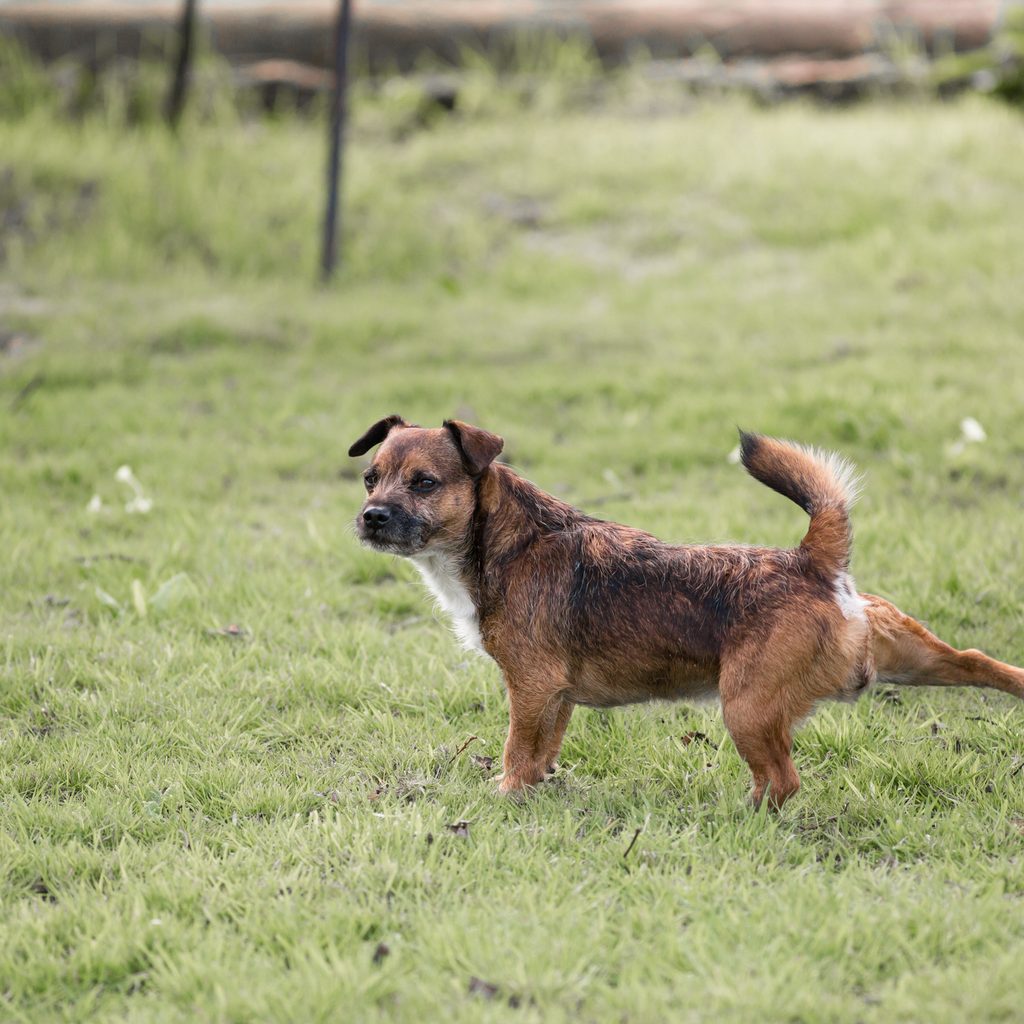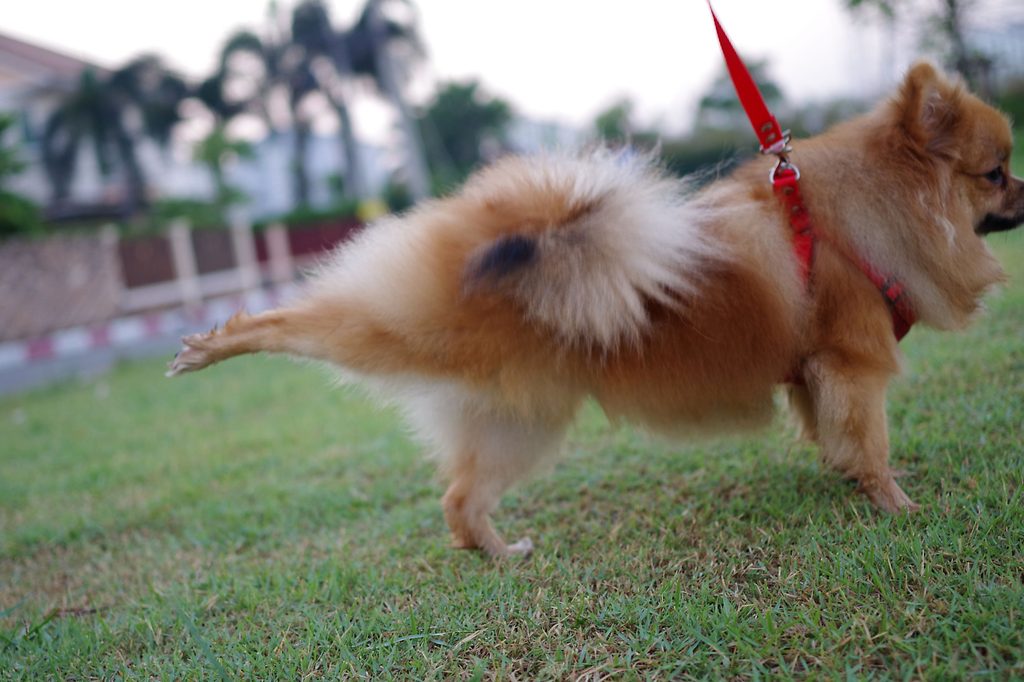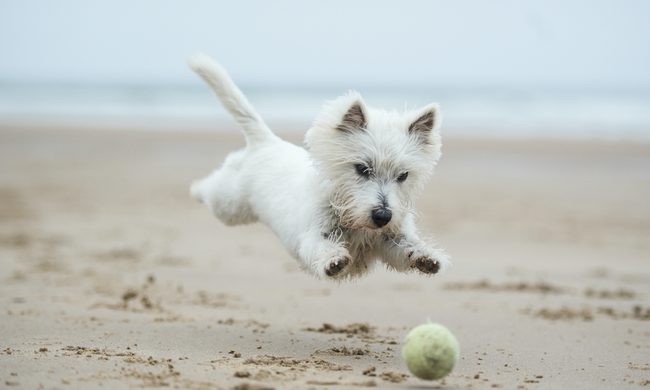
Even the most well-behaved furry friends have behaviors that can make any dog owner cringe with embarrassment. Whether it’s mounting other dogs, howling incessantly, or even kicking the ground after doing their business, it’s completely normal for pet owners to find natural canine behaviors a bit mortifying. After all, what’s normal for a dog isn’t what’s normal for humans!
Even so, these behaviors probably leave you with questions. Why, for example, do dogs scratch and kick up the ground after pooping? To us, this seems like a random behavior, but for our four-legged friends, it can have several explanations. So-, why do dogs kick after they poop? Let’s find out!
Ground-scratching helps dogs mark territory
As it turns out, this behavior, called “ground-scratching,” is just one more way dogs can mark their territory. Dr. Wailani Sung, MS, PhD, DVM, DACVB, explains that scratching the ground after urination or defecation can help with “scent dispersal.” This means when a dog kicks or scratches this spot, they’re spreading around the scent of their urine and even their paws for other dogs to sniff while walking by.
That’s right; dog paw pads contain scent glands, too! By spreading this scent around, your dog can send a message to the other furry friends who pass the area. Dr. Sung explains, “Dogs may be signaling these are places they frequent to let the other dogs in the area aware of their presence,” which is why you may notice your dog performing this behavior in places you frequently go, like along your daily walk route or in front of your home.
Dogs perform ground-scratching to intimidate and communicate with other dogs

While leaving and tracking scent is one way that dogs communicate, ground-scratching can also become a visual way for dogs to send messages to one another. This happens one of two ways. If there are other dogs around, some canines may use this as an “intimidation method” or a way of telling other dogs to stay away.
When this behavior was studied in free-roaming dogs, it happened more frequently among dogs that are of a higher social ranking in their pack — aka, the dominant dogs. Researchers noticed that other dogs stayed away from those who kicked and scratched the ground following a leg-lifting motion, though it can be difficult to know how intentional this is on the part of the ground-scratcher.
Additionally, the scratches left in the ground can be visual cues for other dogs to see. This is helpful because scents can be short-lasting, but the scratches can stay there indefinitely.
Your dog may be looking for your reaction
Lastly, your dog may be looking at you and your reaction when kicking up the ground after doing their business. If you laugh and get a kick (pun intended) out of it, then they probably will, too! However, whether they’re looking for attention, praise, or a treat is up to you to find out.
Now that you know what’s behind this unique behavior, you can answer the question when others ask, “Why do dogs kick after they poop?” It may look like they’re trying to hide any evidence of the business they just did, but it’s more likely they’re just trying to communicate with other dogs.




